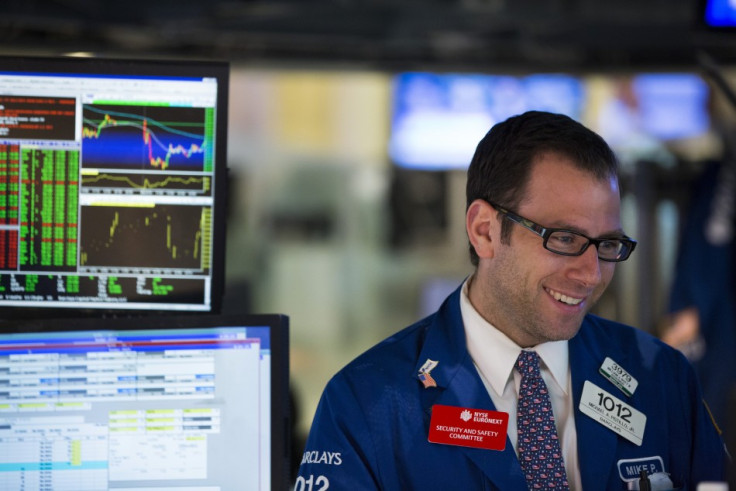Markets, Politics and Economics: US Asset Purchase Tapering Unlikely Until September

Now that the Non-Farm Payrolls data is out the way, investors should be a little calmer, as overall the markets' mood seems more positive.
The NFP data is close to 200,000 in June and a big revision in May suggests that the Federal Open Market Committee (FOMC) will take some form of monetary policy action in July.
However, the US' stubborn unemployment rate of 7.6% means it is not likely to taper the quantitative easing (QE) programme before September this year.
Politics
Meanwhile, the pioneering Monetary Policy Committee (MPC) statement in Britain means that there will be no interest rate increases in the UK until late 2015 at the earliest. It shows new Bank of England governor Mark Carney is responding to Chancellor George Osborne's request for help with growth and risking higher inflation.
The Markit/CIPS Purchasing Managers Index (PMI) for the UK service sector and British Chambers of Commerce (BCC) surveys were even better than I dared hope.
The European Central (ECB) is floundering on the state of the Eurozone economy but at least it has calmed the bond markets, except in Portugal.
Perhaps the economic grapevine is signalling trouble from the German Constitutional Court over its 'illegal bond-buying programme.'
Economics
Back in the US, it will be quiet on the data front for next week, apart from updates from the consumer sector, which everyone knows is faring well.
Trade and industrial production figures in the UK are likely to lag in the surveys and may therefore disappoint. However, the National Institute of Economic and Social Research's (NIESR) estimate of second quarter GDP (the first out) should suggest momentum is building at 0.5-0.6%.
Industry numbers from Economic and Monetary Union (EMU) should show flickers of hope.
Markets
The big punters seem to have found new sport with oil and may take Brent Crude another 5% higher. Less plausible punting is bullish talk of gold.
The run-up in US Treasury yields has probably gone a bit too far and may be partially reversed.
The pound's fall vs. the dollar is no surprise but seems overdone against the not-so-mighty euro.
Hot weather at last in Europe may make tempers fray.
German Chancellor Angela Merkel is going to struggle to keep the lid on things all the way to September but more can-kicking is required for Greece and Portugal and, alas, more pain down the road.
In fact, more pain for all of the EMU.
Overall, I have no changes to make from last week on what to buy (look first in the US, UK and Japan) and what not to buy (bonds, most things EMU-related, commodities and currencies other than the dollar).
Alastair Winter is the Chief Economist at Daniel Stewart & Co
Related Articles:
The Return of the EMU Crisis: Economic Monetary Union Wobbles Again
Economic Cracks in China Show on Inexperienced Politicians and Corruption
Rational and Irrational Fears Over Fed's QE Tapering Process
© Copyright IBTimes 2025. All rights reserved.





















